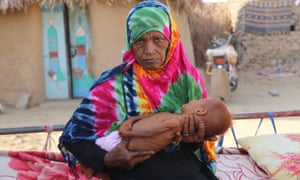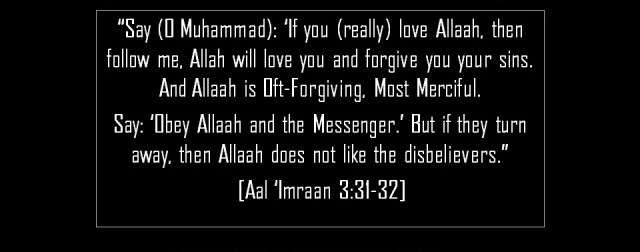With Valentine's Day just around the corner, I see a lot of my brothers and sisters getting really prepared and excited to celebrate. I don't get why. Does any of you really know why you're celebrating Valentines Day? Just like how we know why we celebrate Eid. There's a very ugly truth behind this so called "Day of Love" that majority of Muslims don't have a clue about. When they are asked this questions, the usual response is "We are celebrating our love, and making our loved ones happy on this special occasion, it's just something nice." First of all, if you're married, you don't need some Christian Saint's birthday to celebrate your love and happiness, you have everyday of the year, then why Valentine's Day? If you are trying to celebrate your happiness, give blessings to each other, thank Allah that you have them in your life, pray for them, teach each other something about Islam, appreciate each other and not just one day on the 14th but EVERYDAY. If you are not married, then you shouldn't even be talking to girls/guys..forget going as far as discussing WHY you shouldn't celebrate Valentine's Day. Our religion is very clear and very straight forward, and no one has the right to question the teachings of Islam. Valentine's Day is haraam, no matter how much a person would like to sugar coat it, it will stay Haraam.
What is it AND where did it come from?
Consider Valentine's Day, a day that after dying out a well deserved death in most of Europe (but surviving in Britain and United States) has suddenly started to emerge across a good swath of Muslim countries. Who was Valentine? Why is this day observed? Legends abound, as they do in all such cases, but this much is clear: Valentine's Day began as a pagan ritual started by Romans in the 4th century BCE to honor the god Lupercus. The main attraction of this ritual was a lottery held to distribute young women to young men for "entertainment and pleasure"--until the next year's lottery. Among other equally despicable practices associated with this day was the lashing of young women by two young men, clad only in a bit of goatskin and wielding goatskin thongs, who had been smeared with blood of sacrificial goats and dogs. A lash of the "sacred" thongs by these "holy men" was believed to make them better able to bear children.
What is it AND where did it come from?
Consider Valentine's Day, a day that after dying out a well deserved death in most of Europe (but surviving in Britain and United States) has suddenly started to emerge across a good swath of Muslim countries. Who was Valentine? Why is this day observed? Legends abound, as they do in all such cases, but this much is clear: Valentine's Day began as a pagan ritual started by Romans in the 4th century BCE to honor the god Lupercus. The main attraction of this ritual was a lottery held to distribute young women to young men for "entertainment and pleasure"--until the next year's lottery. Among other equally despicable practices associated with this day was the lashing of young women by two young men, clad only in a bit of goatskin and wielding goatskin thongs, who had been smeared with blood of sacrificial goats and dogs. A lash of the "sacred" thongs by these "holy men" was believed to make them better able to bear children.




